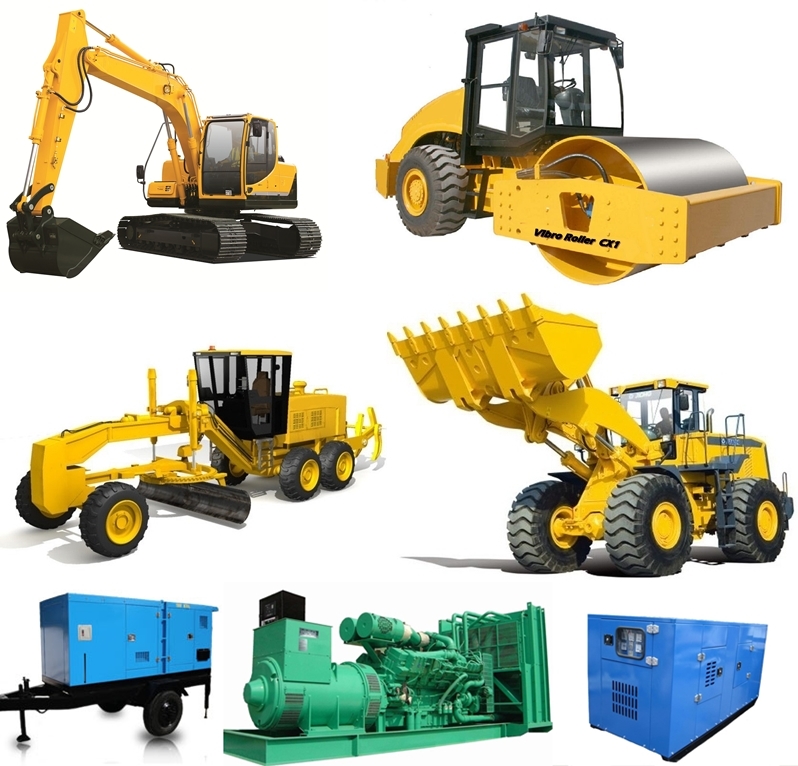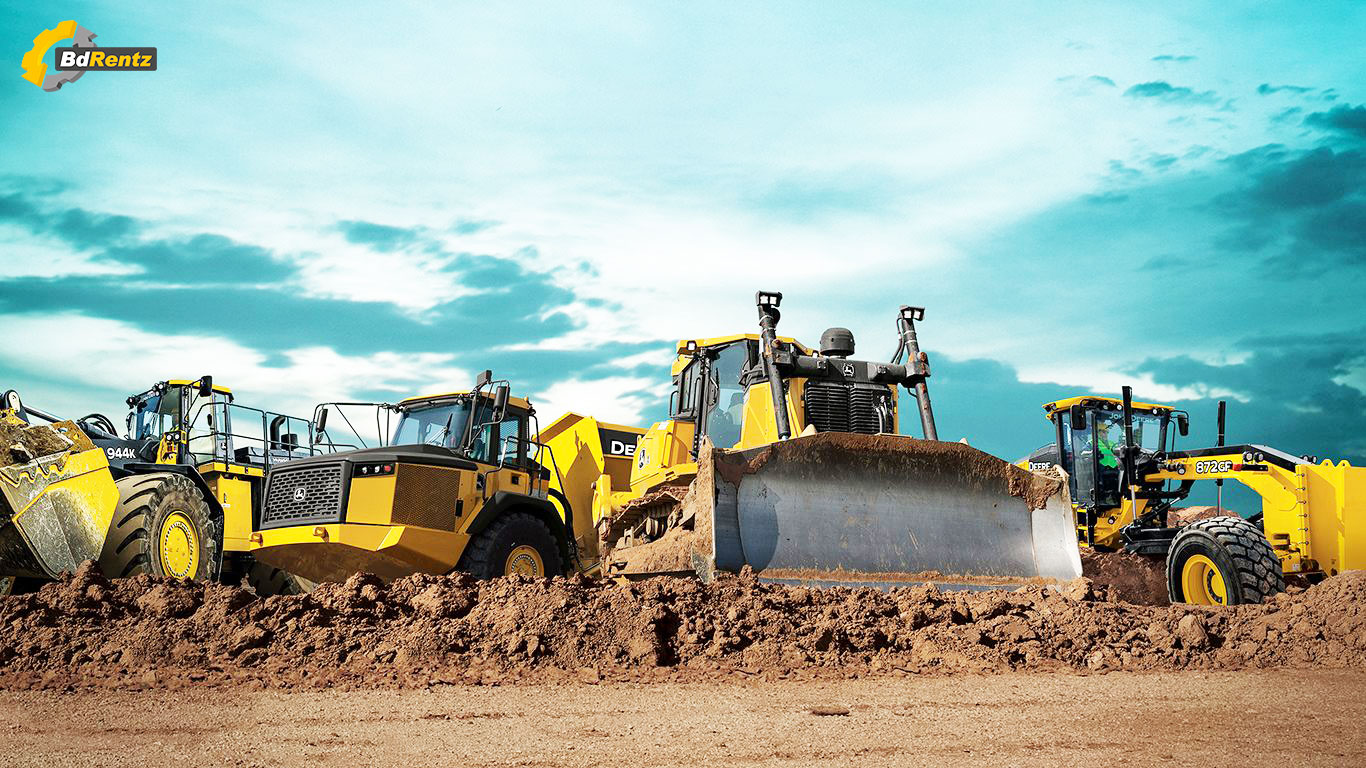Boom Lift Rental: Budget Friendly and Dependable Lifts for Any Task
How to Select the Right Building And Construction Devices Rentals to Fulfill Your Details Requirements
Selecting the ideal building equipment services is an important step that can dramatically influence project performance and success. It needs a systematic examination of project demands, equipment abilities, rental terms, and logistical factors to consider. Each aspect plays a pivotal duty in making sure that the chosen devices aligns with certain tasks and site problems. The subtleties of these analyses can frequently be forgotten, leading to prospective difficulties. Understanding exactly how to browse this process efficiently might be the trick to optimizing resources and decreasing costs-- yet lots of contractors find themselves at a crossroads when making these crucial choices.
Evaluate Your Job Demands
Before choosing building devices leasings, it is vital to extensively analyze your task needs to make certain that the right devices are made use of for optimum performance and safety and security. Begin by specifying the range of your job, including the tasks to be completed and the timeline for completion. This fundamental understanding will certainly assist you in determining the certain devices needed.
Next, think about the website conditions, such as terrain, accessibility, and the room readily available for steering machinery. These elements directly affect the kind and dimension of devices that can be successfully employed. Additionally, evaluate the awaited work and production prices, as these metrics will certainly determine the tools's capability demands.
It is also essential to assess any kind of regulative or safety standards that may put on your task. Compliance with these regulations can influence devices selection and use, affecting overall job timelines and expenses. Consult with your task team and stakeholders to collect insights and consensus on tools needs. By meticulously thinking about these components, you can make educated choices that not only improve operational effectiveness yet likewise advertise a safe functioning setting.
Evaluate Equipment Abilities
Just how do you identify whether the tools fulfills your project's demands? Start by evaluating the details jobs required for your job and match these with the abilities of the tools available for rent. Take into consideration the tools's capability, power, and size, along with its functional features. For instance, if you need to lift heavy materials, make sure the lifting capability of the devices lines up with your demands.

Finally, think about the most recent technological advancements that might improve efficiency. Features such as general practitioner monitoring, fuel performance, and operator-friendly controls can substantially affect task implementation. By thoroughly reviewing equipment capabilities versus your project requirements, you can guarantee that you select the ideal machinery that not just meets yet exceeds your operational requirements, ultimately adding to the success of your building task.
Understand Rental Terms
Comprehending rental terms is essential for making certain a smooth and effective devices rental experience. Acquainting yourself with the details terms of a rental arrangement can prevent misconceptions and potential conflicts. Trick components to take into consideration include the duration of the rental, repayment terms, and any kind of involved costs.
Usually, rental durations are specified in daily, regular, or month-to-month terms, and understanding these periods is crucial for budgeting. In addition, payment terms may vary in between companies, including deposits, late payment penalties, and accepted repayment techniques.
It's additionally important to clear up duties for maintenance and damages. Some rental agreements may state that the occupant is in charge of routine maintenance and any kind of repairs that occur during the rental period. Comprehending the problems pertaining to damages or burglary is vital; ask about insurance investigate this site policy options and liability coverage to safeguard your rate of interests.
Think About Transportation Logistics
Transport logistics play a vital duty in the effective leasing of building and construction equipment. Appropriate preparation and execution of transportation methods can significantly affect the performance and productivity of your construction project. Prior to wrapping up equipment leasings, examine the area of your project site and the availability of transport courses.
Consider the distance in between the rental service provider and your site, as longer ranges can cause raised transport costs and delays - dozer rental. Examine the weight and measurements of the tools to guarantee it can be safely carried on readily available streets and framework

Be conscious of neighborhood regulations regarding transport authorizations and courses, as these can influence the logistics of relocating hefty machinery (scissor lift rental). By proactively attending to these considerations, you can make sure and lessen potential disruptions that the appropriate tools is provided on schedule, fostering an extra reliable building process
Contrast Rental Expenses and Companies
When assessing construction tools leasings, it is vital to contrast providers and prices to ensure you secure the very best value for your task. Begin by collecting quotes from several rental companies to develop a baseline for prices. Realize that expenses can vary dramatically based on variables such as devices type, rental duration, and added services supplied.
Next, take into consideration the credibility and reliability of each company. Look for client reviews and testimonies to gauge their service top quality. A company with a strong performance history may warrant a higher rental expense due to exceptional tools upkeep and customer assistance.
Additionally, assess the regards to the rental arrangements. Some carriers may offer versatile rental choices, such as everyday, regular, or month-to-month prices, which can be helpful depending on your project timeline. Take notice of additional charges, such as shipment fees and insurance policy costs, which can affect the overall rental rate.
Verdict

Choosing the proper building equipment services is an important step that can significantly affect job efficiency and success.Before choosing building and construction devices leasings, it is essential to thoroughly examine your job needs to make sure that the right tools are used for optimal performance and security.Recognizing rental terms is important for ensuring a smooth and effective devices rental experience.When assessing building and construction devices services, it is vital to contrast expenses and providers to guarantee you safeguard the finest worth for your project.Choosing the ideal building equipment rentals requires a comprehensive analysis of job needs, equipment abilities, rental terms, transport logistics, and relative expenses.